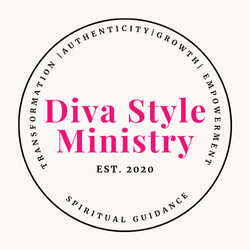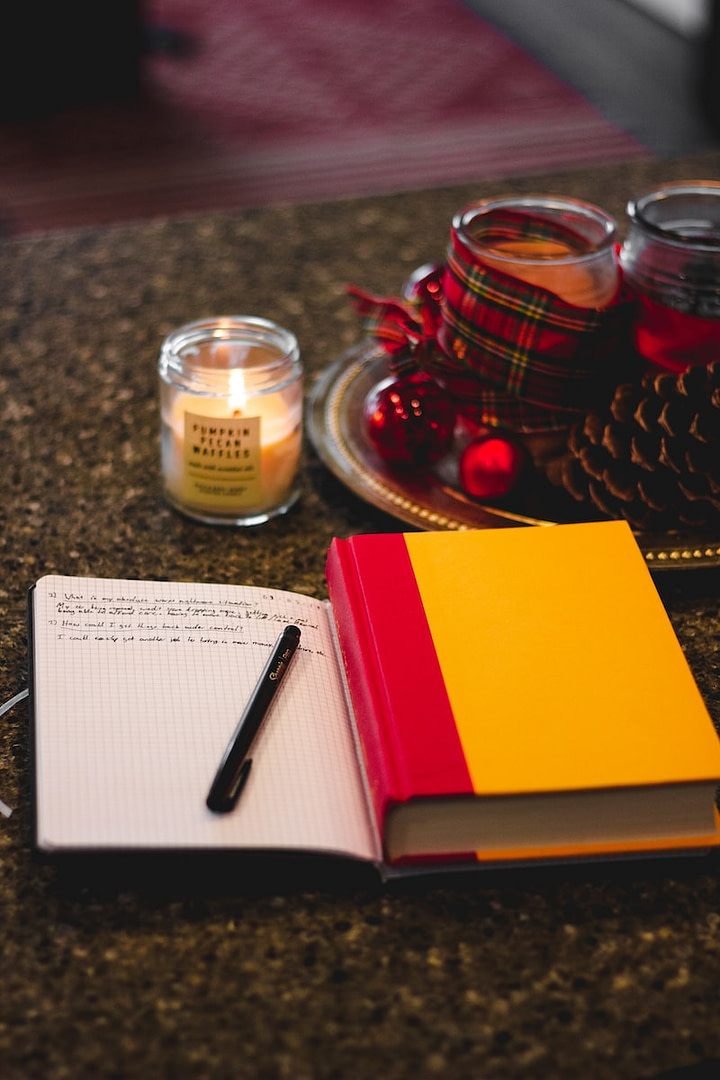A lack of self-trust can make a successful romantic relationship much more likely to fail.
You cannot have a stable romantic relationship if you don’t trust yourself.
Any partner you start to build a relationship with will lose confidence in you over time because that lack of self-trust will show its ugly head all too often. You will constantly doubt yourself, be able to make sound decisions, and quite frankly, you may not perform very well when it comes to expressing your emotions.
Romantic relationships MUST have a foundation of trust. While you may believe you trust your partner, it’s difficult to continue building a solid foundation, let alone a strong and lasting relationship, if you don’t trust yourself. You will put yourself down constantly in front of your partner, refuse to accept compliments or negate your contributions and your experiences. He or she may sympathize with you in the beginning, but the behavior will get old after a while.
Contrast this behavior with the evidence of a strong level of trust in yourself. You will have confidence that will be communicated to your partner in your words and your deeds.
Most people find this attribute attractive, and it will bring about a more responsive partner. We are all attracted to confident and positive people – those who know who they are and who believe they’re making the right decisions as they chart their path through this perfectly imperfect life we’re all living.
You will have your emotional and physical needs met when you’re honest with yourself and trust yourself to express those needs clearly and often. That is sure to make you happier in your relationship and help your partner to be happier as well. Needs that are unexpressed (or expressed poorly) are certain NOT to be met in the short or the long term.
If you don’t trust yourself, you are not likely to share your authentic feelings with your partner. Relationships are built around communication as well as trust. If you cannot communicate with your partner, they’ll recognize it, and feel the tension that comes along with it, and this will eventually break you apart.
One way to improve your communication with your partner is to write down what you’re feeling, your fears and concerns, and then discuss them. A personal journal is a terrific way to start getting your thoughts and emotions out of your head and down on paper, where you can do a deeper analysis of them and determine what’s real and what’s not.
Once you understand your emotions, you can work on a plan to either disprove them (if it’s an unfounded fear) or determine what’s needed to correct and improve the situation. A partner with a fear of infidelity, for instance, can write about that fear, examine behaviors and actions, and then decide that it’s unfounded. You could also share some of your writing with your partner and allow them to help you with the analysis. It can bring you closer together if done in the right spirit, or let you know definitively that your fears DO have a basis in fact – giving you what’s needed to propel you forward to a solution.
A lack of trust in yourself cannot lead you to a positive attitude. You will project negativity to anyone you associate with, including your partner. Try to put yourself in his or her shoes. Would you want to hang around someone who is constantly negative?
It’s quite likely you won’t. Over time, you will look for ways to avoid that person. The same will happen to you if you cannot get a handle on your negativity. People will avoid you if you project that negativity because either they won’t know what to do to help you break out of it, or they won’t understand what you’re going through and since that’s painful, they’ll avoid the pain.
It is okay to share your feelings with your partner, even if those feelings are occasionally negative. It’s almost impossible to be positive 100% of your life. You must work to strike a balance and work towards being more positive than negative. That cannot happen if you doubt yourself and don’t have a level of internal trust.
It takes work, but you will have a better chance at having a great romantic relationship if you trust yourself than if you don’t. Your partner will be excited to be with you and will want to spend time with you. Your partner will be happier, which will make you happier. You have the choice of remaining closed and lacking trust in yourself or opening up and gaining the confidence to have the best possible relationship.
Rebuilding and Gaining Self-Trust with Journaling
- Learn why you lost trust in the first place. What has caused you to stop trusting yourself? Think about the times you’ve made good decisions that moved you forward. Write down what you do to solve problems in a different area of your life – at work, at school, etc. – where you have had success. You’ve proven that you have both knowledge and experience because you wouldn’t be here, living your life without them. Write down your successes and remember what got you there and realize that your abilities translate into all areas of your life. Remind yourself of your power – even if you feel you don’t have a lot right now, and then build on that.
- Avoid people who undermine your self-trust. If there are people in your life who constantly emphasize your mistakes and what’s you have done wrong in the past, limit the time you spend with them or cut it out altogether. Use your journal to help you see how you feel before you are in their presence, and then how you feel afterward. If you don’t feel good about being around them – stop. You have the right and the power to NOT spend time with people who make you feel less than. Whenever you hear (or feel) that negativity from them, excuse yourself from their presence and then write an affirmation that encourages and uplifts you, turning their negative hints or statements into ones that build you up instead of tearing you down.
- Express your needs and be your own advocate. None of us are perfect – we wouldn’t be as interesting if we were. Every person walking the planet has inherent worth and dignity – qualities you don’t have to earn because they are yours by virtue of your existence. Without mistakes and challenges, we’d have much fewer opportunities to learn and grow. If your romantic relationship doesn’t enhance your sense of inherent worth and dignity, write what you’re feeling and why in your journal. Choose one of the challenges in your relationship you’d like to change and create a simple plan to make it happen, then discuss it with your partner. If you don’t feel comfortable talking about it face-to-face, write it down and ask your partner to read it. When your needs and desires are unexpressed, they cannot be fulfilled. Being your own advocate will also help build your sense of self-trust, because who knows better than YOU what you want?






